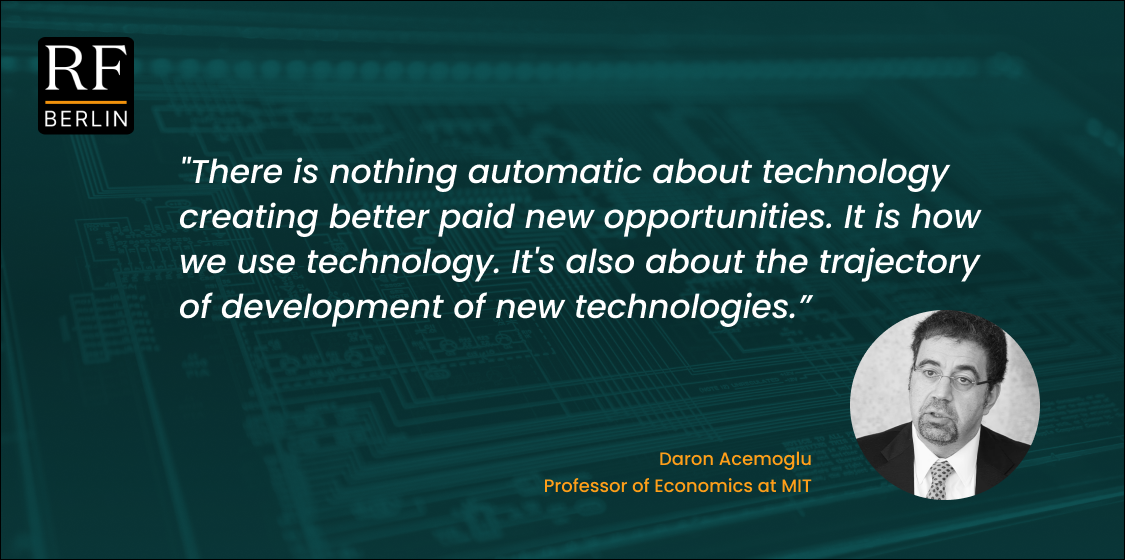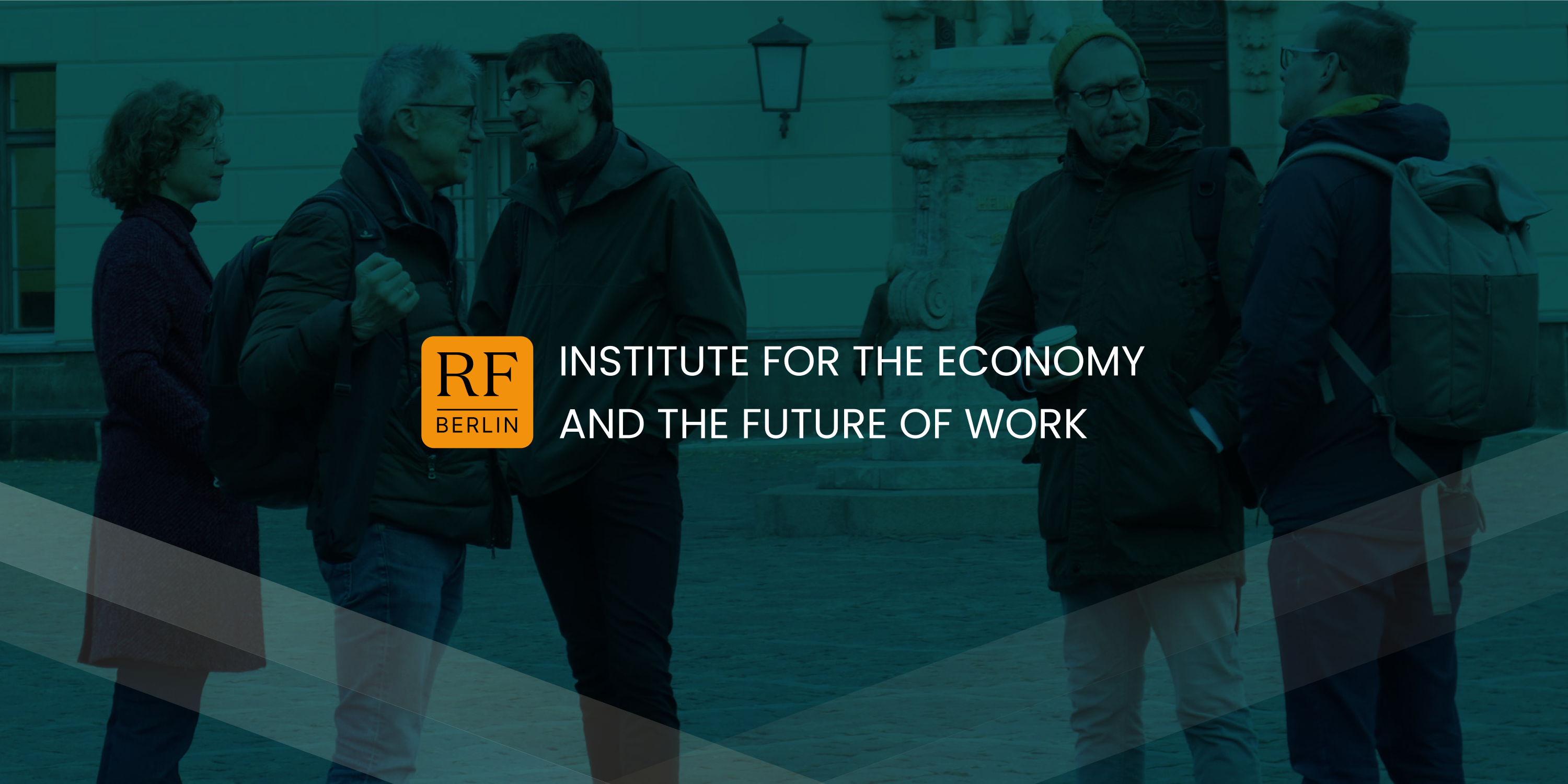In this episode of our podcast series, dedicated to the new editions of the Handbook of Labor Economics, Professor Daron Acemoglu clarifies the nuances of these ongoing trends.
Daron Acemoglu, a renowned economist and Professor at the Massachusetts Institute of Technology, is a leading researcher in macroeconomics, political economy, and labor economics. Based on his extensive work on technical change, AI and innovation, his insights are both influential and timely.
In this episode, Professor Acemoglu emphasizes that technological progress does not automatically result in better jobs or higher wages and highlights the need to guide technological development through proper incentives and more symmetrical taxation of labor and capital. Should workers have a voice in how AI is deployed in the workplace? Professor Acemoglu thinks so and discusses the issues of power imbalances that arise with the increased use of AI. There is no disagreement that the current generation of AI technologies is pretty impressive, as they are doing things that many people thought impossible. He argues that there is a feasible and socially desirable pro-human, pro-worker direction of AI, in which such technology can make workers more productive, generate new tasks for them and make us better as citizens. However, he warns us about the current direction of AI development which may hinder human agency.
Daron Acemoglu, a renowned economist and Professor at the Massachusetts Institute of Technology, is a leading researcher in macroeconomics, political economy, and labor economics. Based on his extensive work on technical change, AI and innovation, his insights are both influential and timely.
In this episode, Professor Acemoglu emphasizes that technological progress does not automatically result in better jobs or higher wages and highlights the need to guide technological development through proper incentives and more symmetrical taxation of labor and capital. Should workers have a voice in how AI is deployed in the workplace? Professor Acemoglu thinks so and discusses the issues of power imbalances that arise with the increased use of AI. There is no disagreement that the current generation of AI technologies is pretty impressive, as they are doing things that many people thought impossible. He argues that there is a feasible and socially desirable pro-human, pro-worker direction of AI, in which such technology can make workers more productive, generate new tasks for them and make us better as citizens. However, he warns us about the current direction of AI development which may hinder human agency.

